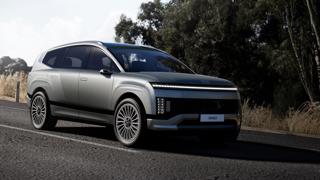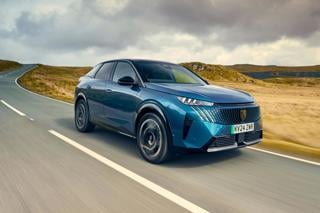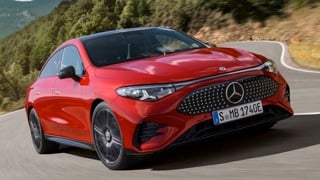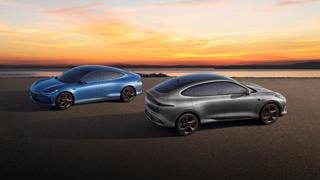Following its world premiere at the Geneva Motor Show, Hyundai UK has announced full pricing and specification for the New i20, which will be available in showrooms on 7 May 2012.
Prices for i20 start at £9,995 on-the-road for the three-door 1.2 petrol Classic model, while at the other end of the spectrum the 90ps 1.4 CRDi Style model costs £14,295.
Hyundai’s designers have given the car an exterior makeover that features new wheel designs plus a hexagonal front grille that is in keeping with Hyundai’s current fluidic sculpture design. Further design changes to the front end include new rounded front wings while the reshaped bonnet and headlights continue the theme along with new fog light clusters and daytime running lights. Moving to the rear, the New i20 gets a redesigned rear bumper and taillights, which helps to add to the i20’s fresh approach.
The New i20 is available in three main trim levels beginning with Classic, moving up to Active and followed by Style.
Tony Whitehorn, President and CEO Hyundai Motor UK, says: “The New i20 is yet another model to join Hyundai’s new-look model range and will appeal to existing customers but will also prove an attractive choice for young buyers who may not have considered Hyundai in the past. It has been given a thorough revision both inside out and with high levels of specification will appeal to customers who want value for money without compromising on quality.
“In addition, the i20 range will feature the cleanest internal combustion diesel engine in terms of CO2 emissions with the 1.1-litre unit emitting just 84g/km. This showcases Hyundai’s considerable efforts in optimising existing technologies to reduce fuel consumption and emissions from its range of cars. As with all new Hyundai cars, the i20 is backed by our 5 Year Triple Care warranty for complete peace of mind.”
Hyundai has improved upon the popular 1.2-litre petrol engine, which is now cleaner, more efficient and more powerful than the model it replaces. Maximum output is now 85ps (79ps for the outgoing variant) while improvements in fuel consumption from 55.4mpg to 57.7mpg on the combined cycle, plus emissions reductions from 119g/km CO2 to 114g/km CO2.


















Stanley Tsao - 04/12/2012 20:26
a perfect solution for urban commute with great mileage